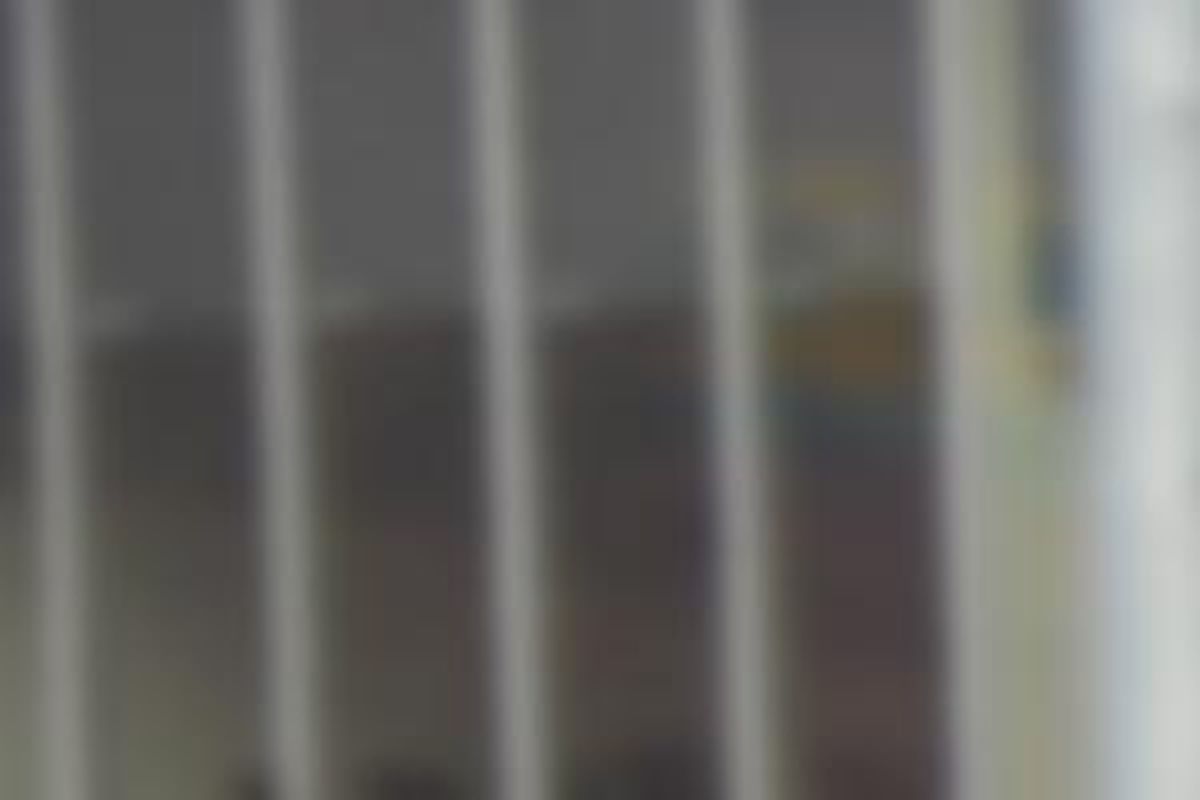Sunday soccer: weekly pickup game in Spokane draws players from around the globe

In 1979, Toraj Farzana was a young boy living in a fine house in the suburbs of Kabul, Afghanistan, playing soccer and flying kites with his friends in the neighborhood.
His father was the minister of the interior for Afghanistan, his grandfather was coach of the national soccer team, and his uncles played on that team. When the Russians invaded, Farzana’s family left as refugees for West Germany before settling in the San Francisco Bay Area, where he played college soccer.
By fall 2000, Farzana was living in Spokane and coaching the state champion soccer team at Saint George’s School. Today, he has a wife, who is Jewish, three kids – the oldest a sophomore at Washington State University – and is a huge Minnesota Vikings fan.
On Sunday mornings at 8 a.m., rain or shine, you can find Farzana playing in a well-established pickup soccer game at Gonzaga University with players from all around the world and all over Spokane.
Along with players born and raised in Spokane, this weekly game has included players from Afghanistan, Iran, Kosovo, France, Spain, Mexico, Ecuador, Korea, Japan and Africa.
It includes former high-level club players from abroad and locals who grew up playing baseball and have never played on an organized soccer team in their lives. Occasionally someone will bring their young sons or their nieces, so players might range from ages 12 to 70.
They meet every week to choose sides, debate the optimal size of the field, complain about the unfair teams, argue hand balls, and get a good workout. The group enjoys camaraderie, fellowship and genuine affection that most churches would envy. And it’s all based on the universal language of soccer.
The biographies of the international players are varied and fascinating; each has a story to tell about how they came to America and found a place in their new country.
Masoud Abounorinejad (“descendant of the father of light”) was born in a resort town on the Caspian Sea in northern Iran. He played on club and school soccer teams every year while growing up and attended college in Tehran. Abounorinejad’s family experienced persecution after the 1979 revolution due to his Baha’i faith, and after being fired from his job for that reason, he “snuck out” of Iran by himself in 1981.
He journeyed to Pakistan, Turkey, France, Italy and finally to Canada, where he started his own computer technology company. In 1996, Abounorinejad married an Iranian-American woman. After four years of dealing with the U.S. immigration bureaucracy, and after the birth of his first son, he was allowed to join his family in Medical Lake, where his wife is a psychiatrist on the staff at Eastern State Hospital. Their older son was a 2016 Spokane Scholar in science and now attends WSU. Their younger son attends Medical Lake High School.
Jaffar Allaet grew up with seven siblings in a small Saudi Arabian town, the son of a naval officer. He played soccer barefoot on dirt fields and kicked the ball against the wall of his house for hours. He was the captain of every team he played on, and after high school, had the choice of a professional soccer contract or an oil company scholarship to study in the U.S.
He took his father’s advice, came to Seattle to study English for two years and then graduated from Eastern Washington University. Allaet works in management for Super 1 Foods, has been married for 32 years and has two daughters, one a cardiac nurse, the other a microbiology student at WSU.
Fernando Salazar’s family moved from Ecuador to New York City when he was 4 to “catch the American dream: opportunity.” Some of his fondest and earliest memories are watching his dad’s team play soccer matches. Salazar visited Ecuador every summer, where he played soccer all day, every day.
After moving to Mississippi to live with his brother’s family, he earned a soccer scholarship to Southern Mississippi State. When his brother, an airman in the U.S. Air Force, was stationed at Fairchild, Salazar moved to Spokane. He has five kids and works as a driver for Waste Management in Spokane Valley.
Ismet Ashani grew up in Kosovo, a region in southeast Europe that has a sad history of ethnic conflict and has been colonized, divided up and annexed repeatedly. Ashani played soccer matches in front of huge crowds as a young man, and one of his former clubs is now a professional team. An ethnic Albanian, Ashani left Kosovo and lived in the Czech Republic for 20 years before coming to America. He works as a card dealer at Northern Quest Casino.
The international players each bring a different playing style to the game. Maybe that’s due to the different cultures they grew up in, maybe it’s just the individuals. They have great fun but take their soccer very seriously. Abounorinejad is a physical player who is not afraid to “initiate contact,” as they say. Farzana is a masterful passer: If you get open, he will get you the ball. Allaet is known as the “Iron Sheikh,” forming a one-man impenetrable defense in front of the goal. Ashani has a cutback move that’s unstoppable: You know it’s coming but he still fakes you out.
You can watch a pickup basketball game for an hour and never see a good pick and roll or anyone box out to get a rebound. Pickup soccer is a little different.
In the Sunday morning games, it’s all about teamwork. A good pass is valued over a hopeful shot, and the simple, fundamental play is applauded. Despite the diversity of the players, this seems to be universal. It’s simply more fun to play as a team, especially when your team comes from all over the world.